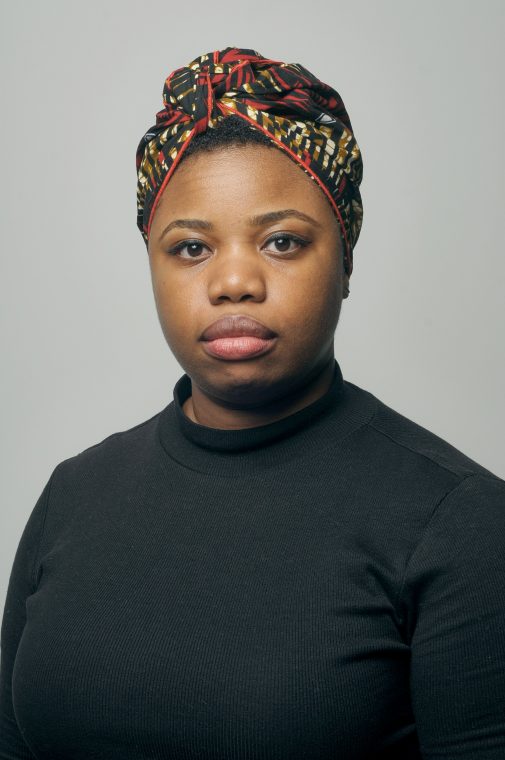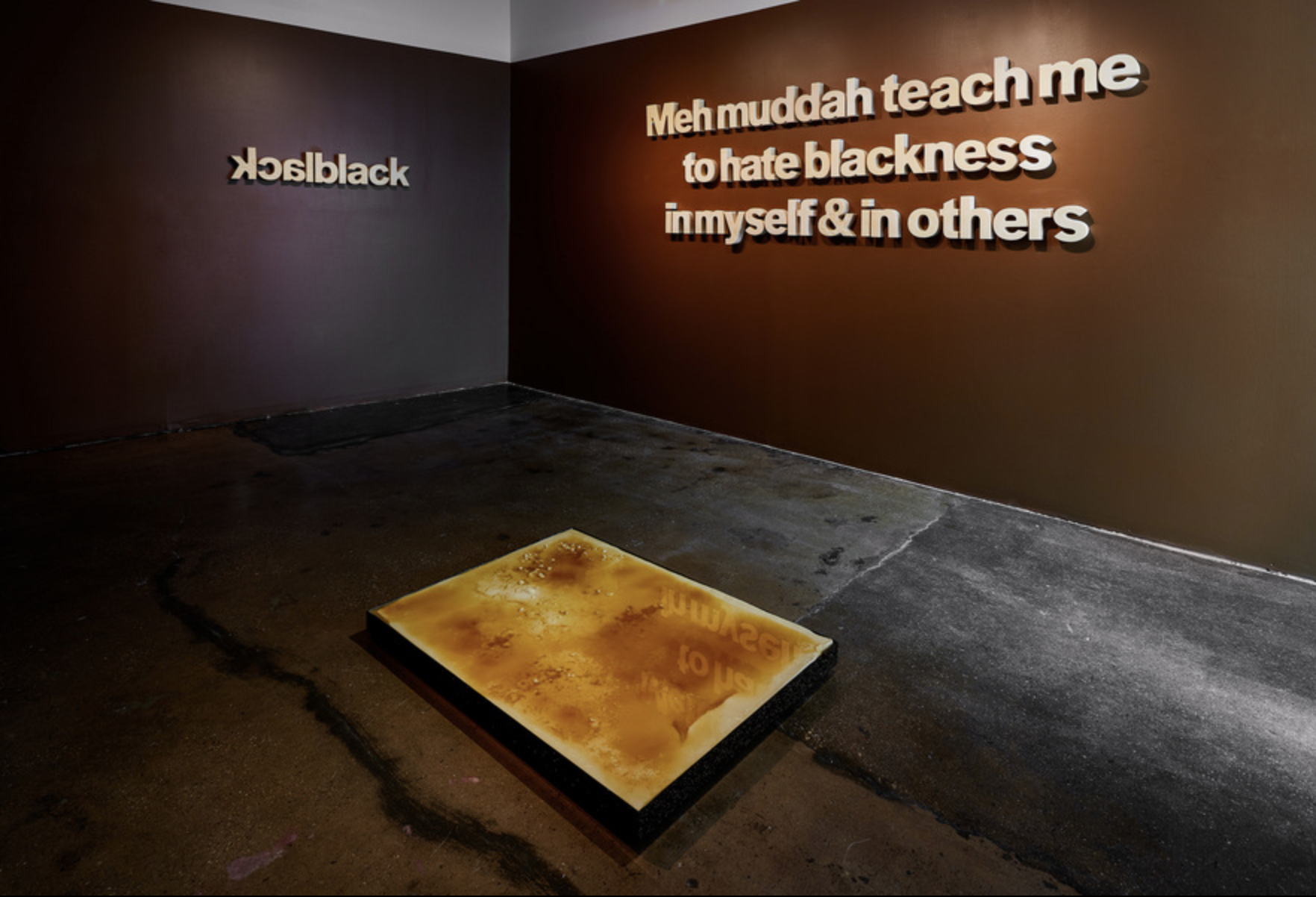Artist Allana Clarke Joins Art Department Faculty
The James Pearson Duffy Department of Art and Art History is thrilled to welcome Assistant Professor Allana Clarke. Clarke combines digital media, photography, sculpture and performance to provoke conversations about Black female identity. Her teaching will focus on time-based media including video, animation, photography, and digital design. Allana taught at Williams College before coming to WSU.
 ABOUT PROF. CLARKE
ABOUT PROF. CLARKE
Prof. Clarke received her BFA in Photography from New Jersey City University and her MFA in Interdisciplinary Practice from the Maryland Institute College of Art. "Studying photography was amazingly transformative," said Clarke. "I dived in. The first print that I made in a darkroom was a rebirth for me. I was literally emerging from a darkroom and being reborn. It was the first time that I had made anything or created anything. I found the knowledge and autonomy that I was craving." The idea of rebirth has been central to her practice ever since.
WORK AND PRACTICE
Prof. Clarke's process involves extensive research incorporating socio-political and art history texts. Her artistic practice has evolved to become richly interdisciplinary, fluid, and self-reflective. "My work is really about how I want to exist in the world - in flux, unfixed," she said.
Materials and language are critical components to Clarke's work, which explores "how bodies are organized in the world and how meaning is embedded in objects." As a woman of Black Trinidadian decent, she uses her art work to explore idea of inherited trauma through, for example, learned beautification practices like skin bleaching and using chemical hair relaxers - practices that taught her to present her body in ways that disguised her blackness. She describes this as "a process of correction, all psychologically damaging and that framed how I understood myself in the world. My art was the unlearning of that and making myself whole again and able to heal."
Living through COVID-19 and the murder of George Floyd has further heightened the significance of her art practice as a way to heal, and a way to process more deeply the events of this year. "My art practice is all about economic, racial, and social turmoil so these hashtags aren't new to me," she "said. White supremacist tactics are not new. It's a stale playbook. Reactionist practices are a distraction from being in a self actualized space. We need to be aware of the big picture and systems that are violent."
ON TEACHING
Prof. Clarke is known for creating curricula that is exploratory, inclusive and widely representative of race, class, and gender identities. This is about presenting artists and artworks as much as it is about showing students that it is important to challenge the art world in order to make change. "I like to show my students that it is ok to reject the art world as a system," she said. "Art is not just about 50 foot steel sculptures. If it is, then most of us can't do it. There is a distinction between the work that artists make and the wealth and money of the art world. Ninety percent of what you make, no one will ever see so what does that mean? You can do this for yourself and it can be transformative- it can be sustainable and a way of life." On teaching in Detroit and at WSU, she wants students to be able to integrate their work into lives, and to not be afraid to explore and experiment.
Read more about Allana Clarke and see her work at: allanaclarke.com
